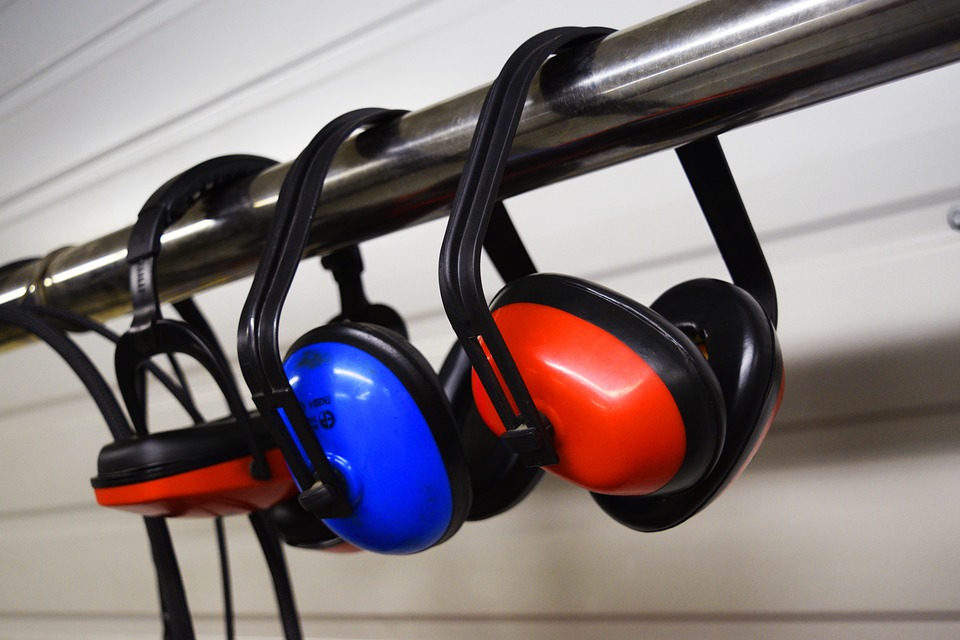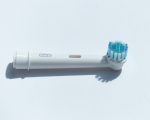I Have Constant Ringing In My Ears…
 …What do I do about it? Patients frequently ask me why they have constant ringing in the ears.
…What do I do about it? Patients frequently ask me why they have constant ringing in the ears.
Everybody’s ear ringing symptoms are different. For some people, the noises are in one ear, for some the sounds are in both ears. People can hear high pitched or low pitched sounds. Some experience ringing while others hear buzzing, chirping, whirring, or whooshing sounds. Patients have even wondered about what causes ringing in your head – basically when the sounds appear to be coming from anywhere in the head region.
In other words, your ear ringing is not like anybody else’s. But one differentiating factor is the timing of the ringing in your ears. Some hear the ringing noises constantly while others hear ringing that comes and goes.
First and foremost, what causes constant ringing in the ears?
And how does that differ from intermittent ear ringing?
While the way patients experience the ringing noises are unique from person to person, patients with a constant ringing in the ears tend to be more chronic or long term cases. At times, intermittent ringing or ringing in the ears that comes and goes can develop into a constant ringing noise in the ears.
Although there is no specific and evidence based way to distinguish the causes of constant ringing in ears from intermittent ringing in the ears being that tinnitus is a subjective experience, it is wise to consider the ways the causes can differ.
Intermittent ear ringing is more frequently caused by conditions that are temporary or can change if you modify the environment or stimuli in your environment. For example, typical causes of intermittent ringing in the ears are medications, ear wax, and vitamin deficiencies.
These causes tend to be related to intermittent ringing in the ears because they vary based on the environment and they can be more easily remedied by removing or fixing the cause. For example, taking a vitamin supplement or removing excessive ear wax can improve the ringing ear symptoms.
Constant ringing in the ears may have more consistent, permanent, and harder to remedy causes. These causes can include ear disorders, tumors or growths in the middle or inner ear, age related hearing loss, head injuries, or psychological disorders including depression and anxiety.
Not only are these causes more severe, but relieving them typically requires more intensive intervention. That is why I recommend consulting a doctor if your ear ringing has changed from intermittent to constant or if you are experiencing debilitating constant ringing in the ears.

But is there a constant ringing in the ears cure?
Or more likely, patients ask me how to stop constant ringing in the ears. My best recommendation other than seeking advice from a medical professional, is to treat your constant ear ringing with preventative and environment enhancing methods.
Because these noises are always present, they can significantly impact overall health and psychological wellbeing. That is why I suggest pairing environmental changes which will help with daily coping and preventative measures which can help how you are impacted in the future.
First, let’s review how best to modify one’s environment and lifestyle to improve ear ringing symptoms.
- Change your diet and lifestyle – sounds easy but in reality this is very difficult. It is challenging to change long established habits. However, this is a simple remedy that can go a long way.
- Reduce or cut out sodium. Not just salt you are adding to your meals but check nutrition labels. Some products will surprise you with their salt content.
- Reduce or cut out caffeine. That’s right – reduce your consumption of coffee, sodas, and tea. Instead, replace these with unsweetened herbal teas, lemonade, or water.
- Quit smoking. This one is no joke. But try starting somewhere. Reduce the amount of smoking you do first. Use a patch or gum to help you along the way. Join a support group. While this is a tough lifestyle change to make, it will improve your overall health in leaps and bounds.

- Incorporate daily exercise into your life – this does not need to be strenuous or long hours spent at the gym. Find what works for you and start by adding just a short 15-30 minutes per day of exercise into your daily routine.
- Start small but be consistent. Even 5 minutes a day could improve your ear ringing symptoms.
- Any kind you enjoy will be sufficient. Walking, running, yoga, weight lifting, basketball, soccer, jump roping, roller skating, swimming, anything.

- Consider modifying medications and supplements – and this one is critical to run by your physician. Certain medications are known to exacerbate ringing in the ears.
- Medications that impact ear ringing can include antidepressants, antibiotics, aspirin, ibuprofen, blood pressure and heart medications, and diuretics.
- Sometimes ringing in the ears is related to nutritional deficiencies. By taking a supplement and restoring adequate levels of nutrients in the body, you help alleviate ringing symptoms. These supplements include vitamin B12, vitamin E, zinc, vitamin D, zinc, and gingko biloba.

- Get enough sleep and reduce daily stressors – basically, reducing fatigue and stress can be beneficial in treating ringing in the ears.
- Strive to sleep 7-9 hours every night. Get to bed about 30 minutes beforehand to ensure you have enough time to fall asleep and get the recommended amount of hours.
- Many practiced methods exist to reduce stress levels. Some commonly used and successful strategies include practicing yoga, guided imagery, and progressive muscle relaxation. Learn more about these methods by clicking here.

- Use sound maskers to distract your mind from the constant noise – these range in price and quality but it’s all about finding what works for you. I like this one based on reviews and recommendations from patients and families.

- Certain maskers create white noise while others create background noises including ocean waves, rain drops, blowing wind, or chirping crickets.
- Play around with the available sounds as well as the volumes to see what, if anything, would help your specific ringing symptoms.
Next, let’s talk about preventative measures you can take to remedy ringing in the ears. Or put simply, here are precautions you can take to ensure overall wellbeing.
- Reevaluate your noise exposure – you may be surprised at how much loud, debilitating noises are present in your life. Even simple, daily tasks present damaging levels of noise.
- High levels of noise in everyday life include music concerts, loud music heard through ear buds or in-ear headphones, shooting guns, lawn mowers and other machinery, and construction equipment.
- Use ear protection if you must expose yourself to loud noises.
- Reduce your exposure if possible.
- See an audiologist to measure and monitor your hearing levels.

- Take good care of your ears – ensure they are free of excessive wax build-up. Be gentle and do not poke the q-tip more than 1 centimeter into the ear when removing wax. Additionally, do not remove ear wax more frequently than 1-2 times per week to reduce risk of damage to the ear drum.

- Find effective counseling or support groups – and this is crucial for successful coping. Some patients find individualized therapy sessions work for them while others prefer the group environment. But either way, find what works for you to help deal with the emotional effects of your ringing symptoms because they do exist and are sometimes the most difficult element to deal with when you are struggling with ringing in the ears. Consider cognitive behavior therapy as a treatment method to change your thoughts and take control of the symptoms.

Do you have constant ringing in the ears? Have you tried any of these treatment methods? Please share what has and has not worked for you in the comments!











Leave a Reply